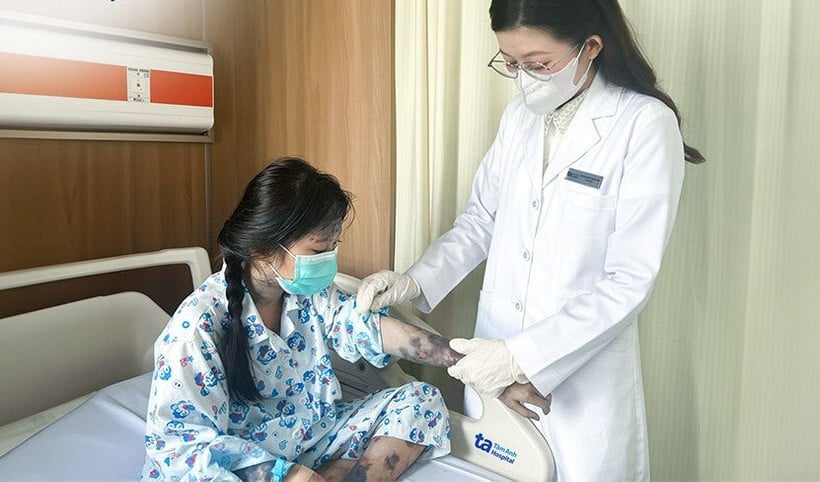
Ms. Nguyen Ngoc H. (mother of 6-year-old M.) said that 3 months ago, she discovered a few small white patches like dandruff on her child's scalp, then a few red spots appeared on her child's hands and feet, accompanied by itching. Thinking that her child had a mild allergy, she bought topical and oral medications for her child, but there was no improvement.
After that, she took her child to a clinic near her home, where she was diagnosed with skin fungus and prescribed medication for 5 days. However, after taking the medication for 2-3 days, M. developed many small pustules, and red patches of skin that spread more and more across her face, neck, back, thighs, and chest, accompanied by itching and burning pain. The child began to have a fever, felt tired, and had trouble sleeping.
Her mother had guttate psoriasis, but only at a mild level, and had never had pustules, so she was extremely worried when her child developed the disease so early and severely. She quickly took her child to a medical facility with a Dermatology department for a thorough examination.
Specialist Doctor I Tran Thi My Linh, Dermatology - Dermatology, Tam Anh General Hospital, Ho Chi Minh City (Tan Son Hoa Ward - old Tan Binh District) said that pustular psoriasis in children is often caused by immune regulation disorders, especially related to IL36RN gene mutations, causing the inflammatory process to be over-activated. The disease can be triggered by factors such as sudden withdrawal of corticosteroids, infection, stress or taking certain medications. Arbitrary use of unknown drugs can cause the disease to worsen.
Identifying M. as having an acute, rapidly progressing pustular psoriasis outbreak, accompanied by high fever and widespread skin lesions, with the risk of affecting the liver and kidneys, and even threatening his life if not treated promptly, Dr. Linh ordered the child to be hospitalized for treatment.
Biologics are considered the most effective treatment for plaque psoriasis today, however, for pustular psoriasis in children, the first priority is still classical systemic drugs such as acitretin, methotrexate or cyclosporin, some biologic drugs in the TNF alpha inhibitor group are also used as a second treatment solution. Consulting physicians carefully consider the treatment regimen to ensure both effectiveness and safety.
The child was actively treated with systemic immunosuppressants with ingredients safe for children, anti-inflammatory drugs, specific topical medications to speed up the healing process and local skin care, closely monitoring vital signs and tests such as electrolytes, liver and kidney function.
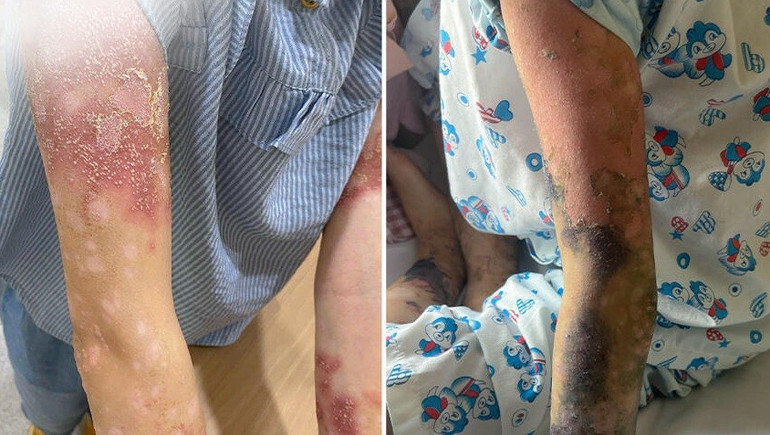
After nearly a week of treatment, the baby's general condition has improved, the pustules have dried up, the skin has become white and dry, the itching and burning sensation has decreased, and some areas of the skin have post-inflammatory hyperpigmentation. The baby has been discharged from the hospital, continuing to receive maintenance treatment and regular check-ups every month.
Dr. Linh said that many people often confuse psoriasis and skin fungus because both have symptoms of red skin and white scales. However, psoriasis is an autoimmune disease, not caused by fungus or bacteria. When the body has an immune disorder, using the wrong medication - especially drugs containing corticosteroids - will cause the inflammatory reaction to flare up violently, causing damage to the skin all over the body.
It is estimated that 2-3% of the world's population has psoriasis. In Vietnam, although there are no exact statistics, it is estimated that 1.5-2% of the population has this disease. The disease can start at any age, most commonly between 15-35 years old, and the incidence rate in men and women is almost equal. The disease is not contagious, but is related to genetic factors and immune disorders, often starting when the body is stimulated by infection, stress or wrong medication.
Psoriasis in children often starts with red, scaly, dandruff-like patches on the head, elbows, or knees, accompanied by dry, slightly red skin and little or no itching. When seeing these signs, parents should not arbitrarily buy medicine, especially topical corticosteroids, because it can make the disease flare up more severely.
Parents should take their children to see a Dermatologist or Clinical Immunologist so that doctors can develop a proper treatment plan. In addition to taking medication as directed, parents should help their children keep their skin clean, moisturize regularly, and avoid scratching or rubbing hard.
Families also need to be careful with strange foods that can easily cause allergies, contain a lot of protein such as shrimp, crab, canned food, eggs... or drinks containing stimulants such as beer, coffee, tea... In addition, keeping a comfortable spirit, eating nutritious food, and getting enough sleep are also very important to help control the disease effectively and long-term.
Dr. Linh recommends that psoriasis cannot be completely cured, but the disease can be well controlled and the remission phase can be maintained for a long time if treated properly, triggers are avoided, and no unknown medications are used without permission.
Source: https://nhandan.vn/benh-nhi-bung-phat-vay-nen-vi-dieu-tri-sai-cach-post920585.html





![[Photo] Prime Minister Pham Minh Chinh receives the delegation of the Semiconductor Manufacturing International (SEMI)](https://vphoto.vietnam.vn/thumb/1200x675/vietnam/resource/IMAGE/2025/11/06/1762434628831_dsc-0219-jpg.webp)








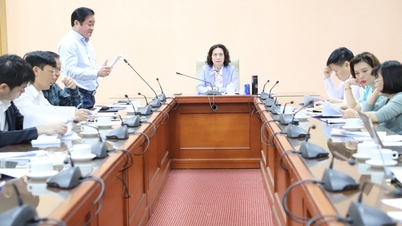






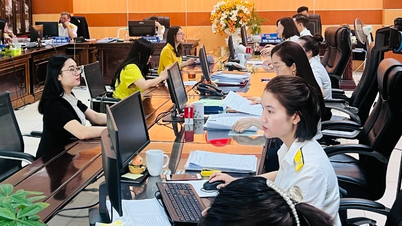




![[Video] The third National Press Award "For the cause of developing Vietnamese culture"](https://vphoto.vietnam.vn/thumb/402x226/vietnam/resource/IMAGE/2025/11/06/1762444834490_giai-bao-chi-vh-3937-jpg.webp)








































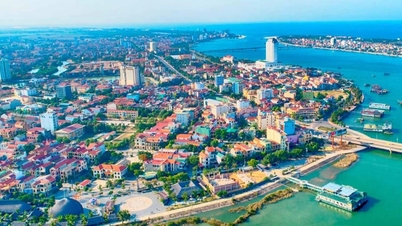














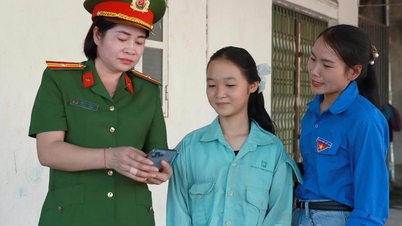
















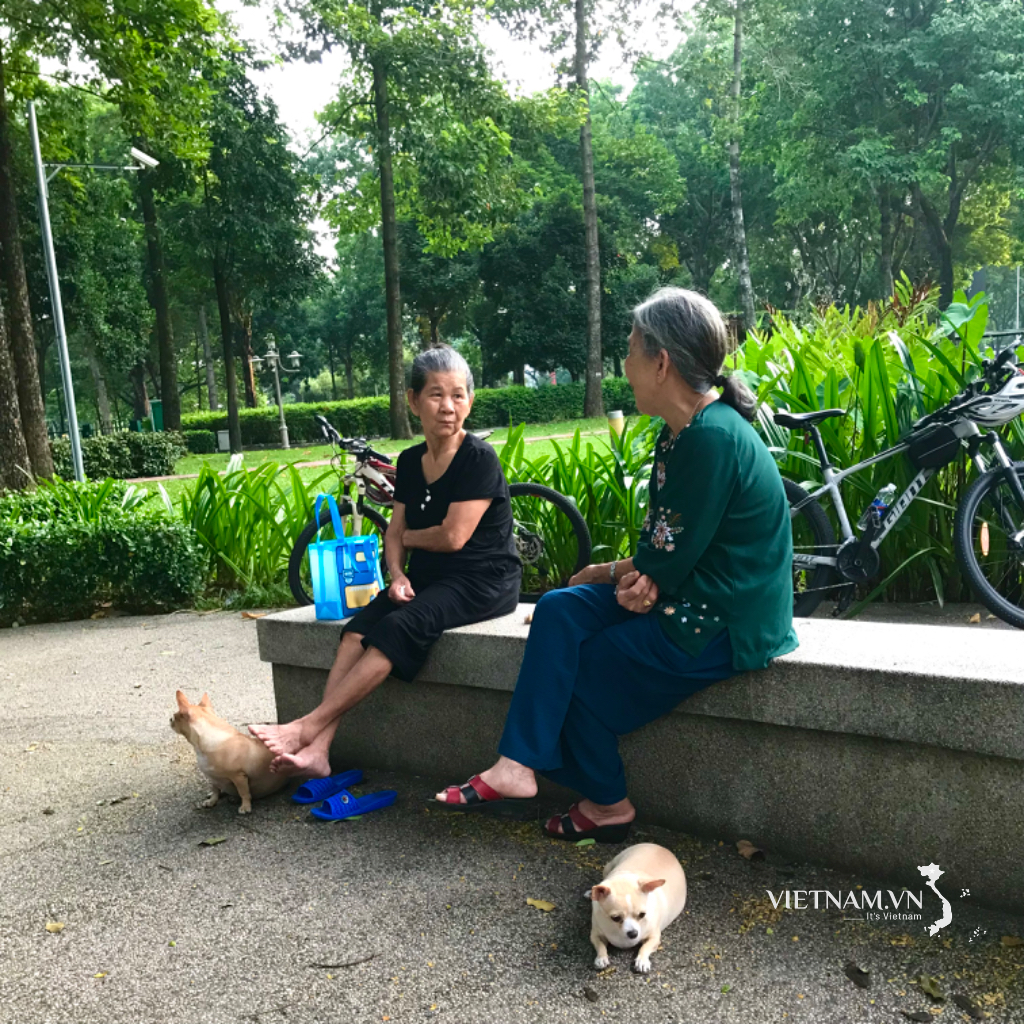



Comment (0)